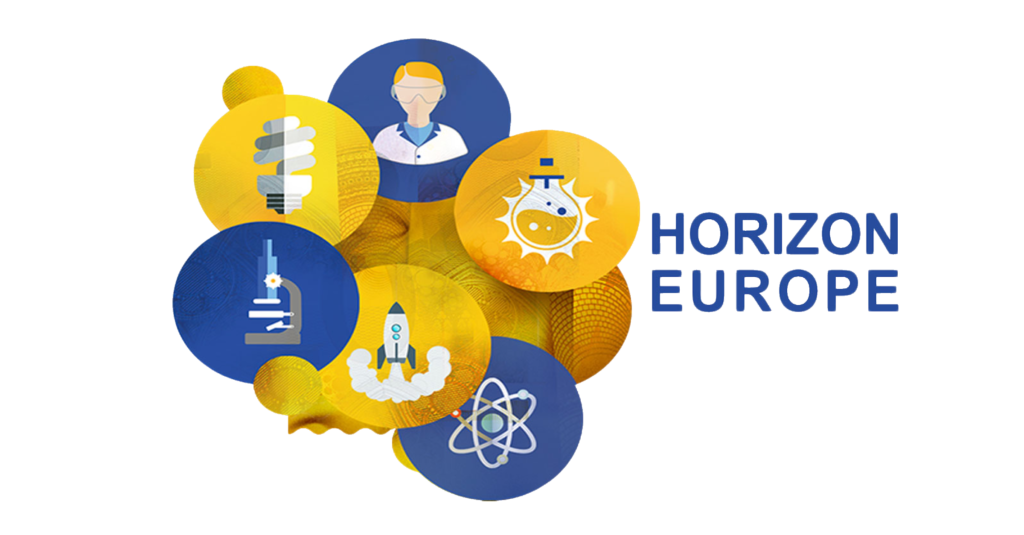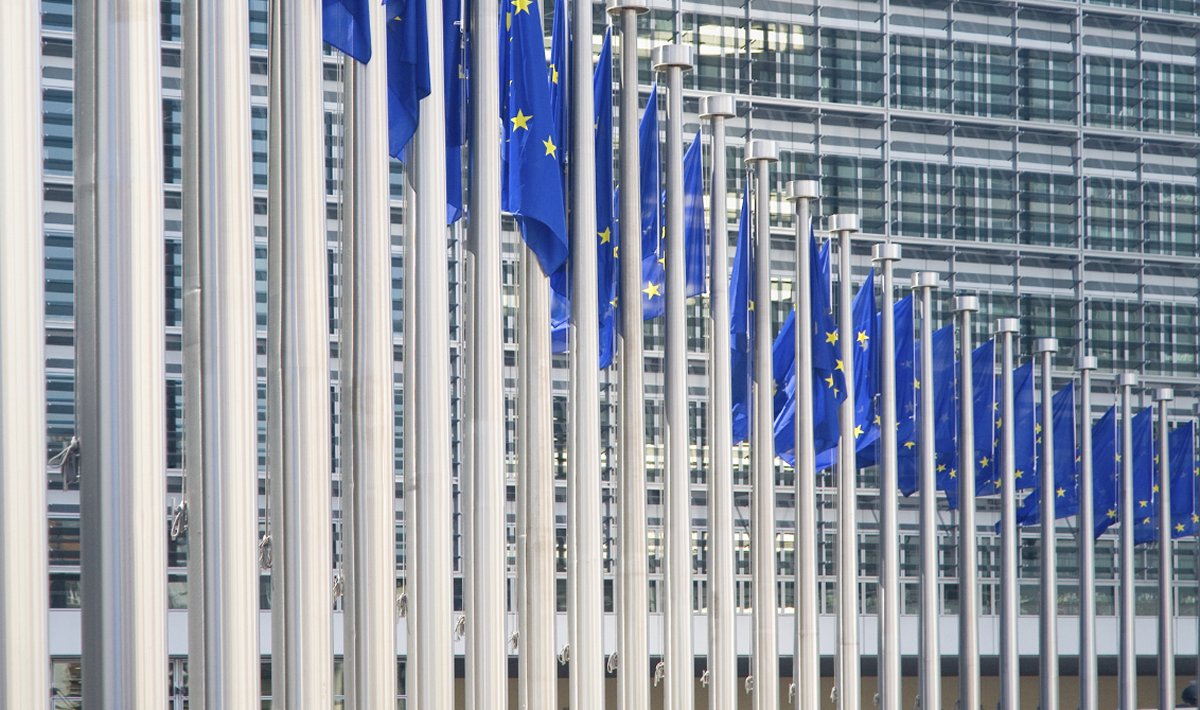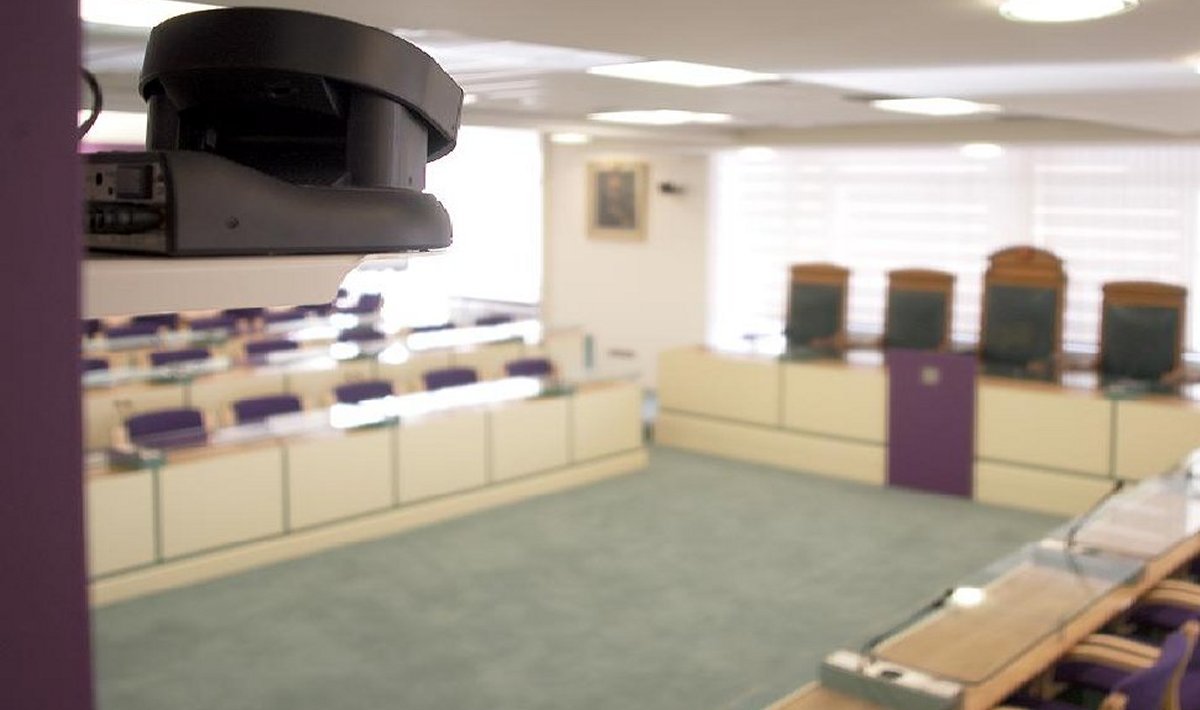The perceived long democratic recession, creeping autocratisation of governments, and the global expansion of authoritarian rule undermining the rule of law and democratic institutions result from inequality, opacity, and inefficiency in creating and distributing public goods. The central challenge to these creation and distribution processes is the variation in the degree to which the rule of law applies to different strata of society.
Thus, the democratic institutions that govern the creation and distribution of public goods are under double attack from populists, who exploit the vicious cycle of inequality and resulting grievances to strengthen the power of their networks. On the one hand, populists exploit public grievances to undermine them, and on the other hand, they participate in societal networks that misappropriate the value of public goods.
The VALPOP project uses state-of-the-art methods to collect historical and contemporary data on societal networks and public goods. Based on this newly generated data, the project investigates how sub-strata of society manage to use networks to absorb public goods and transform them into club goods, focusing on the role that populist politicians play in this transformation.
Building on this understanding, the VALPOP project suggests, distributes, and disseminates policy and stakeholder materials to reduce the use of societal networks to absorb the utility of public goods into elite groups.
The project finally investigates how the structure of these networks and their degree of populism, a construct we define as “networked populism,” affect the contribution of societal actors to socio-economic outcomes.
In summary, the study analyses how the rule of law and populism impact the creation and distribution of public goods by societal actors.
Project data


Rationale
The unequal distribution of the value of public goods in society is a central source of grievance to citizens. Yet, the reasons for this unequal distribution remain obscure and under-investigated. This inhibits tackling such inequalities and allows their instrumentalisation by populists. In response, the project contributes to a better understanding of the role of societal networks in creating and distributing public goods. It investigates how the rule of law shapes these societal networks and their ability to interfere with the fair and equal distribution of public goods in societies. The VALPOP project thus increases the transparency of institutions that govern access to public goods and ties among societal actors that use public goods.
Further, transparency of the institutions that govern access to public goods is a precondition to safeguard the rule of law and democratic control over public goods. Transparency is also necessary regarding the network ties of societal actors that use public goods in an outsized way. Otherwise, institutions governing access to public goods will lose their legitimacy and trustworthiness, which populist politicians will exploit. Consequently, the project builds on the
raised awareness about the importance of societal networks (Objective 1) to increase transparency in public goods distribution processes. To this end, we generate knowledge about the most important dimensions of transparency in using public goods and network ties and structures that cause the greatest societal costs. Based on this knowledge, the project outlines policy recommendations for greater transparency in public institutions that govern access to public goods. Hence. the VALPOP project increases the transparency of institutions that govern access to public goods and ties among societal actors that use public goods.
More effective control mechanisms for the distribution of public goods are the basis for greater accountability in the usage of public goods. Therefore, the project uses greater awareness of the importance of societal networks to support European, national, and corporate auditing bodies and NGOs in designing control mechanisms for creating and distributing public goods. To this end, we translate the knowledge generated in the project into policy recommendations about the efficient design of control mechanisms. The VALPOP project strengthens control mechanisms for the distribution of public goods for auditing bodies and NGOs.
Methodology
The VALPOP project will move beyond the state-of-the-art in four steps. First, we will construct a panel dataset on the local governance structure in Europe. We will specifically focus on electoral rules for local politicians (mayors and local councils), their remuneration policies, and regulations against conflict of inter-est. This will give us a comprehensive overlook of local governance in Europe. Similarly, we will construct historical and cross-sectional datasets of the networks of companies (media and non-media) and politicians. Second, we will analyse the relationship between local governance structures and network formation and their joint impact on public service/good provision to citizens. Third, we will investigate how the resulting unequal distribution of public goods harms socio-economic outcomes. Fourth, we will build on this under-standing and suggest specific local governance configurations that can prevent the formation of private polit-ical/media/firm networks for rent creation. Therefore, our project will improve our knowledge of networks and their adverse effects on public service/good provision.
Expected Project Outcomes
VALPOP will contribute with the following tangible outcomes:
- The project raises awareness of the importance of societal networks for creating and distributing public goods
- The project strengthens control mechanisms for the distribution of public goods for auditors and NGOs.
- The project increases the transparency of institutions that govern access to public goods and ties among societal actors that use public goods.
- The project facilitates the participation of NGOs and civil society in distributing public goods.
In-JeT’s role in the project
In-JeT will be leading communication and dissemination activities, management of the project website and social media, and be engaged in stakeholder involvement. In-JeT also has a leading role in ethics management of the project and will provide advice on legal and ethical requirements.
Partners
- Universität Innsbruck, Austria (Coordinator)

- Copenhagen Business School, Denmark

- Wirtschaftsuniversitat Wien, Austria

- Akademia Leona Kozminskiego, Polen

- Sabanci Universitesi, Türkiye

- Universität Graz, Austria

- Luiss Libera Universita Internazionale Degli Studi Sociali Guido Carli, Italy

- Auckland University of Technology, New Zealand

- In-JeT ApS, Denmark
Funding
Co-funded by the European Commission under the Horizon Europe Research and Innovation Programme.



